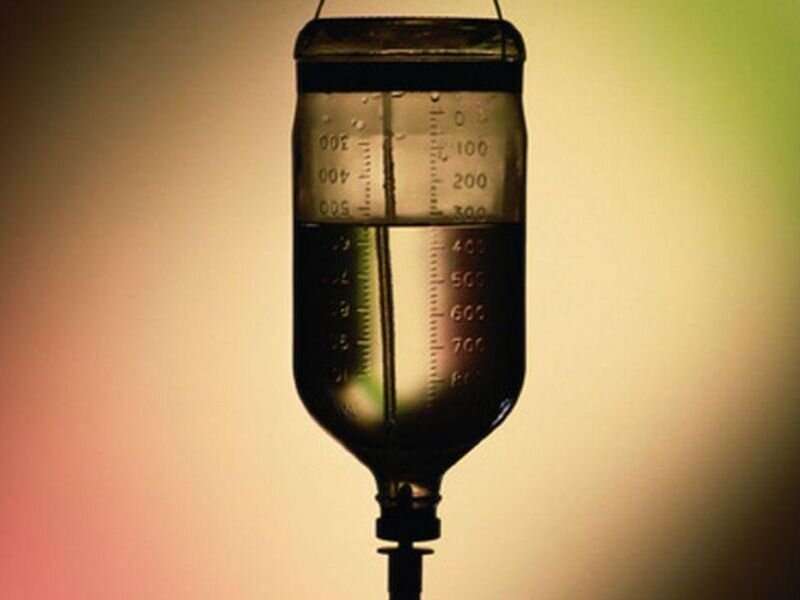
(HealthDay)—A preventive monoclonal antibody injection for people at high risk for developing severe COVID-19 after exposure to the coronavirus has been approved by the U.S. Food and Drug Administration.
The first dose of Regeneron’s cocktail must be injected within 96 hours of exposure to the coronavirus, the FDA said in a statement.
It contains the monoclonal antibodies casirivimab and imdevimab and is the first injectable coronavirus antibody treatment approved by the FDA to prevent COVID-19 after exposure to the virus, NBC News reported.
However, the treatment should not be considered a substitute for vaccination and anyone who is eligible should get vaccinated, the FDA added in its approval.
Even after being fully vaccinated, people with weakened immune systems—including those with autoimmune diseases, HIV patients, cancer patients and organ transplant recipients—may still be vulnerable to COVID-19.
About 3% of the U.S. population is immunocompromised.
Monoclonal antibodies protect against severe COVID-19 illness by going after the coronavirus infection while it’s still mostly in the nose and throat, explained Dr. Myron Cohen, a coronavirus antibody researcher at the University of North Carolina at Chapel Hill.
“It’s a race between your ability to make an antibody to protect your lungs and the rest of your body and the virus,” he told NBC News. “And if you’re likely to lose the race, you’re the person for whom these antibody drugs are appropriate.”
Cohen was one of the investigators behind the study of the Regeneron treatment as prevention.
Source: Read Full Article






